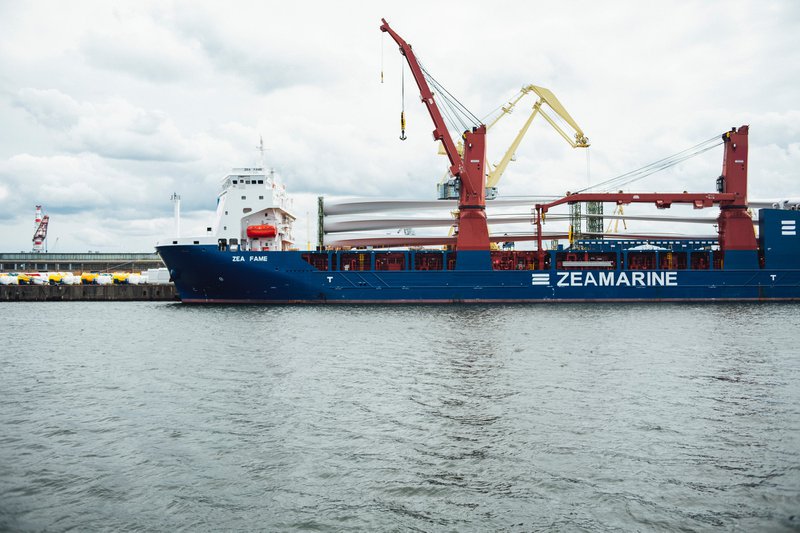WPSP COVID19 Port Economic Impact Barometer for Week 18 reports stabilization or slight improvements
May 01, 2020Upcoming reports will deep dive into regional results, commencing with Europe next week
Of the seventy six ports surveyed across the globe in this week’s WPSP Port Economic Impact Barometer Report, the majority report a relatively stable situation compared to the previous weeks, with slight improvements noted in some areas of port continuity.

The situation for container vessel calls shows a mixed picture compared to the situation in the previous weeks. On the one hand, more than half of the respondents now report a rather stable situation (vs. 41% last week), a figure similar to the situation in weeks 15 and 16. On the other hand, the share of ports facing significant decreases in container vessel calls (in excess of a 25% drop) climbs to 11%, compared to less than 10% last week and only 2-3% in the first two survey weeks. The situation for the other cargo vessels is slightly improving with more ports now even reporting increases in vessel calls.

Less delays are being reported due to port call procedure changes. In terms of capacity in ports, including warehousing and distribution activities, we see an improvement compared to last weeks, with limited capacity shortages for foodstuffs, medical supplies and consumer goods. For bulk goods there are a growing number of ports even reporting underutilisation. Notably, there have been no significant increases in restrictions on cargo vessels, with some ports now receiving cruise ships via dedicated anti-COVID 19 safe corridors using temperature control and medical inspections to allow crew to reach their own final destinations.
On the intermodal side, some ports are suffering additional complications for cross-border cargo transits. Overall though, rail, barge and truck availability have improved across the majority of ports surveyed. There has been a slight uptick in shortage of dockworkers, technical nautical services personnel and the incidence of staff being placed on social wage schemes.
Barometer co-author Professor Theo Notteboom commented : “In quite a few countries, several industries will head back to work on May 4. It remains to be seen what adjustments ports will need to make, and what will be the effect of this partial ‘reopening’ of the respective economies.”
His colleague Professor Thanos Pallis added : “We now have sufficient data to deep dive into regional trends. This will start with an analysis of ports in the European region next week, with other regions to follow.”
Similar Stories

First Damen cutter suction dredger under construction in Azerbaijan
View ArticleAAPA announces policy agenda for new Congress and admin to revitalize America’s port infrastructure
The American Association of Port Authorities (AAPA), the unified voice of our nation’s seaports, today released their policy agenda for the 119th Congress and the incoming Donald J. Trump Administration…
View Article
Ports of Stockholm appoints new Technical Operations Manager at Port of Kapellskär
View Article
Kalmar and Maputo Port Development Company strengthen ties with new equipment order
View Article
Moore sworn in as 2025 Port of San Diego Chair, announces vision of “Progress Anchored in People”
View Article
Port of Seattle Commission President Hasegawa focused on global leadership in the green and blue economy
View ArticleGet the most up-to-date trending news!
SubscribeIndustry updates and weekly newsletter direct to your inbox!





